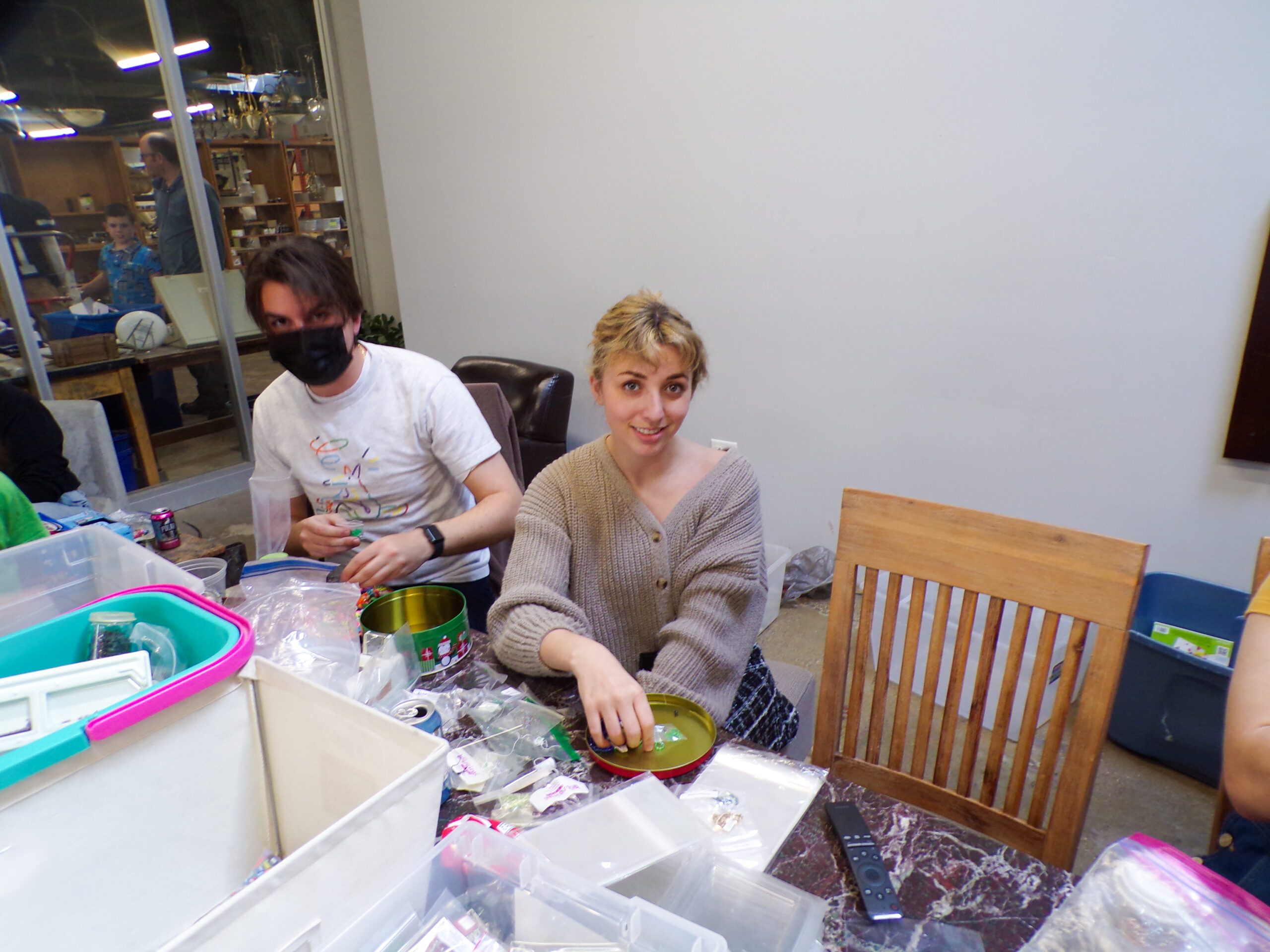Writer Rachel Maria discusses the benefits of Loyola’s predominantly female population.
Loyola isn’t an all-women’s school, but it’s pretty darn close.
With an undergraduate student body that’s 69% women and 31% men, according to the 2022-23 Common Data Set, Loyola’s student body is the complete inverse of congress, which is only about 28% women, according to Center for American Women and Politics.
When the topic of our institution’s gender ratio comes up in conversation, I listen and sympathize as my peers complain about a lack of attention from the opposite gender. The gender ratio was a leading factor in my choice to pursue Loyola, and now that I’m getting ready to graduate, I realize it’s because of the support and acceptance I’ve felt as a queer woman attending a school dominated by females.
Women support and protect each other, in countless ways, including academics and protesting gendered violence — the Loyola Research Symposiums being a great place to admire the multitude of our institutions’ research, with so many women willing and able to share their newfound knowledge.
My time at Loyola has reaffirmed my decision to pursue my undergraduate degrees here as a proud student of the School of Environmental Sustainability. I’ve appreciated the encouragement from undergrads in multidisciplinary, female-dominated fields, including students across the schools of Communication, Nursing, Education, Public Health and Social Work.
Although they could be described as an echo chamber, these female voices have been a choir of angels guiding me out of rough times.
Loyola’s feminine foundation was built up in the hearts and minds of the thousands of women who have pursued higher education at this university. In 1991, the last private Catholic women’s college in Illinois, Mundelein College, combined with the nearby Catholic institution that was founded in 1870 as St. Ignatius College. After multiple name changes, this eventually became Loyola University Chicago. While I don’t reminisce on Mundelein College often, I do have to thank the institution for the 104-year-old beacon of light — Sister Jean Dolores Schmidt, BVM.
According to her faculty website, Sister Jean started as a professor at Mundelein in the 1960s, ironically around the time Mundelein started offering courses for men, and has since defined her role as a symbol of the Rambler spirit. Instead of LU Wolf — a masculine wolf who represents the charity of St. Ignatius, Sister Jean is a symbol much more representative of Loyola’s divine femininity.
Beyond Sister Jean, the larger-than-life art deco women outside of the Mundelein building celebrate womens’ Catholic higher education. No wonder this building has been designated a National Landmark by the U.S. National Register of Historical Places.
While this 1930s building could probably also be recognized for having the slowest elevators, remembering it as a symbol of women’s higher education is easier on the soul.
Sister Jean and the women celebrated on the front of the Mundelein building serve as reminders to us all to be proud of our institution’s contributions towards women’s history.
Furthermore, the sheer quantity of queer women is unmatched and often goes unappreciated and unrecognized. As a woman who is romantically attracted to women, I’ve found so much comfort and virtue from allies at Loyola. I have watched many female-female friendships blossom into romantic rendezvous with much support and only a little bit of my envy.
While I’ve remained single, it’s not as single as I would have been at a rival school — excluding maybe Oberlin. I owe many thanks to my fellow Ramblers who have made it a supportive environment for LGBTQIA+ matters, providing a much deserved spotlight for lesbian relationships.
I’m loyal to this institution and the women it serves, and I want us to sustain the rare, divine feminine energy of this school.
From success in women’s sports and impassioned protests against gendered violence to awe-inspiring theater performances, our school is enlightened from the knowledge and skills of the thousands of women who make the Rogers Park and Edgewater neighborhoods a more comforting and vivacious place to live. Next, we’ll be improving the world.
The first law of thermodynamics tells us that energy cannot be created nor destroyed, meaning all energy we use is borrowed and transferred. Basically, women have been loyally exchanging our energy around campus, creating a system where more of us can triumph. Use your energy wisely.
This woman encourages you to use your energy to hype up your favorite Loyola women, because in the words of Beyoncé, “Who run this mutha?” Girls.












